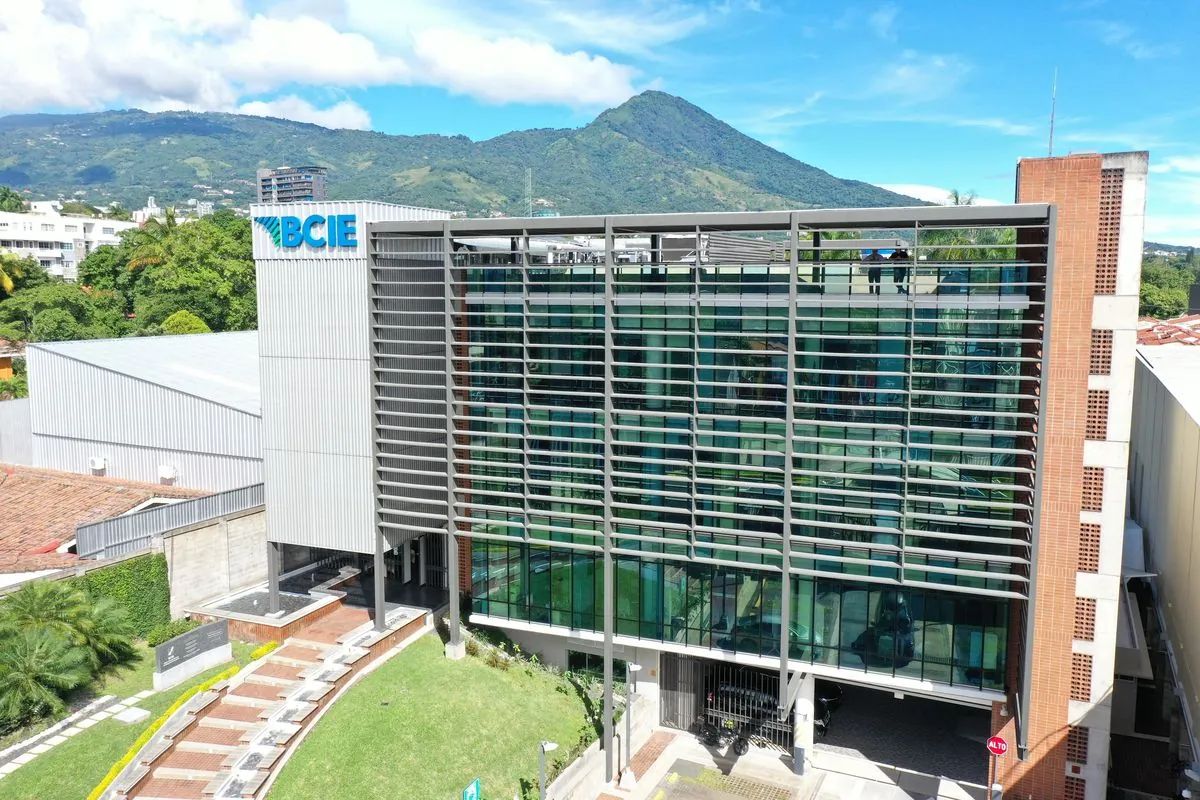CABEI Sues Ex-President for Alleged Misconduct and Extortion Attempt
CABEI files lawsuit against former president Dante Mossi, alleging misconduct and extortion. Mossi denies claims, calling them retaliatory. Legal battle unfolds amidst scrutiny of bank's lending practices.

The Central American Bank for Economic Integration (CABEI) has initiated legal action against its former president, Dante Mossi, accusing him of misconduct and attempted extortion. The lawsuit, filed on September 5, 2024, in a federal court in Washington, D.C., marks a significant development in the ongoing controversy surrounding the bank's leadership and lending practices.
CABEI, established in 1960 by five Central American countries to foster economic integration and development in the region, alleges that Mossi misused his position for personal gain during his tenure from 2018 to 2023. The bank claims that Mossi attempted to negatively influence credit rating agencies' decisions after learning he would not serve a second term as president.
Additionally, CABEI accuses Mossi of leveraging an electric vehicle (EV) conference sponsored by the bank to establish connections with an EV company, subsequently assisting it in securing business in Latin America. The lawsuit contends that after leaving office, Mossi started a business to import vehicles from the same company to Honduras.
Mossi vehemently denies these allegations, describing them as "preposterous and retaliatory." He maintains that the idea for his new company did not materialize until months after his departure from CABEI.

The legal dispute has escalated, with Mossi filing a countersuit against CABEI in the Central American Court of Justice in Managua, Nicaragua. He seeks over $2.4 million in damages for lost wages allegedly resulting from reputational harm. CABEI, in turn, characterizes Mossi's lawsuit as part of an extortion scheme involving a social media campaign to embarrass the bank.
This legal battle unfolds against a backdrop of scrutiny regarding CABEI's lending practices. The bank has faced criticism for its loans to authoritarian regimes in Central America, particularly Nicaragua. Between 2018 and 2022, CABEI lent $2.65 billion to Nicaragua, primarily for infrastructure and environmental projects. Concerns have been raised about loans to the country's national police, who were implicated in human rights abuses during a crackdown on protesters beginning in 2018.
"Mossi's message is clear. His attacks against the Bank will not stop until the Bank pays him a large and unearned settlement."
In response to these controversies, CABEI's new president, Gisela Sánchez Maroto, has announced the implementation of new anti-corruption and human rights policies. The bank is also reviewing all loans approved over the past decade.
Mossi defends his tenure at CABEI, highlighting achievements such as improving transparency, bringing South Korea in as an extra-regional member, and enhancing the bank's credit rating. He also points to the bank's ongoing sustainability initiative, which was approved by the board during his presidency.
The lawsuit filed by CABEI in Washington, D.C., cites violations of the Racketeering Influenced and Corrupt Organizations (RICO) Act, breach of fiduciary duty, market manipulation, tortious interference, and breach of contract. The bank has not specified the amount of damages sought.
As this legal battle unfolds, it underscores the challenges facing international development institutions in balancing economic growth with ethical considerations and good governance practices.


































